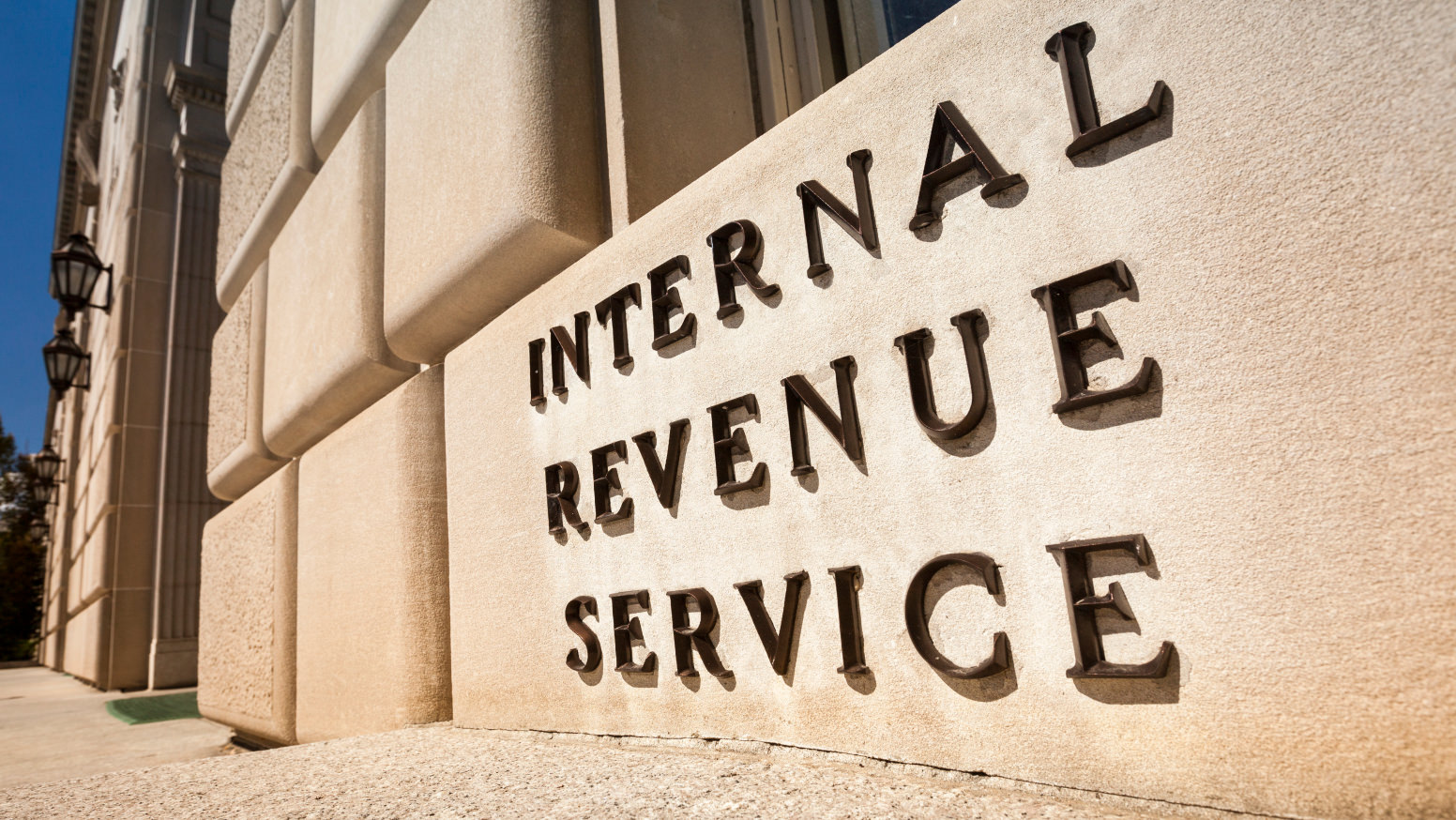Dallas tax attorneys
Do you owe more than $50,000 in Back Taxes? Help may only be a phone call away.
Legal Services
Resources
IRS Installment Agreements
Back taxes, penalties and years of accrued interest can result in large tax debts totaling in the tens of thousands of dollars. Many people cannot afford to pay these debts outright. However, failure to take appropriate steps may expose you to IRS collection procedures including wage garnishments, bank levies and liens on your property.
At Perliski Law Group we frequently use Installment agreements to reduce and manage a client’s tax liabilities, and avoid aggressive IRS collection procedures.
Requirements for an IRS Payment Plan
When determining whether a taxpayer qualifies for an installment agreement, the IRS evaluates an individual’s income and monthly expenses to determine the amount that can be paid toward the tax debt each month. The IRS may also examine a taxpayer’s personal and real property, require properties with equity to be liquidated and the proceeds paid toward his or her tax debts.
In order to approve an IRS payment plan, the IRS will require full financial disclosure either on a 433-A, 433-B or 433-F Collection Information Statement.
The financial statement will require you to disclose all of your assets, income, and expenses. The purpose of these forms is to determine first whether you have any assets you can sell to pay the debt quickly, and, if not, then how much you can afford to pay them each month.
The guidelines and formulas employed by the IRS are often not realistic and all too often fail to take into account the true expenses of the taxpayer, resulting in payments that can be very high or just unworkable. Properly completing these forms is critical to negotiating an IRS payment plan you can afford.
IRS Payment Plan Options
The IRS has many Payment Plan programs available which will give you from four months to ten years to pay the back taxes.
- Guaranteed IRS Payment Plan or Installment Agreement: if you owe the IRS $10,000 or less of income tax, you are “guaranteed” an IRS payment plan over three years.
- Streamlined IRS Payment Plan or Installment Agreement: if you owe $25,000 or less in non-trust fund taxes, you qualify for a five year IRS payment plan.
- Non-Streamline IRS Payment Plan: This option requires full financial disclosure and if the IRS determines you can pay the back tax debt faster by liquidating assets or borrowing the money, they will most likely deny your request for an IRS payment plan. Otherwise a payment plan is established based on what they believe you can afford to pay, and negotiation plays a crucial role in a positive outcome.
- IRS Partial Payment Installment Agreement: The IRS allows taxpayers who can’t pay their back tax liability in full within five years to qualify for an IRS payment plan. Full financial disclosure is required by the IRS, meaning that you must provide a detailed financial statement and proof of your income and assets. Under a partial payment installment agreement, you make monthly payments until you either pay it off or the statute of limitations expires. Any debt remaining after the statute of limitations expires is forgiven.
Have a Question?

The Perliski Law Group understands that dealing with the IRS can be stressful. Our attorneys are all admitted to the U.S. Tax Court and have many years of experience working with IRS collections issues. We have broad shoulders; let us step in and negotiate on your behalf. During your free initial consultation, we will explain the options that may be available to you.

